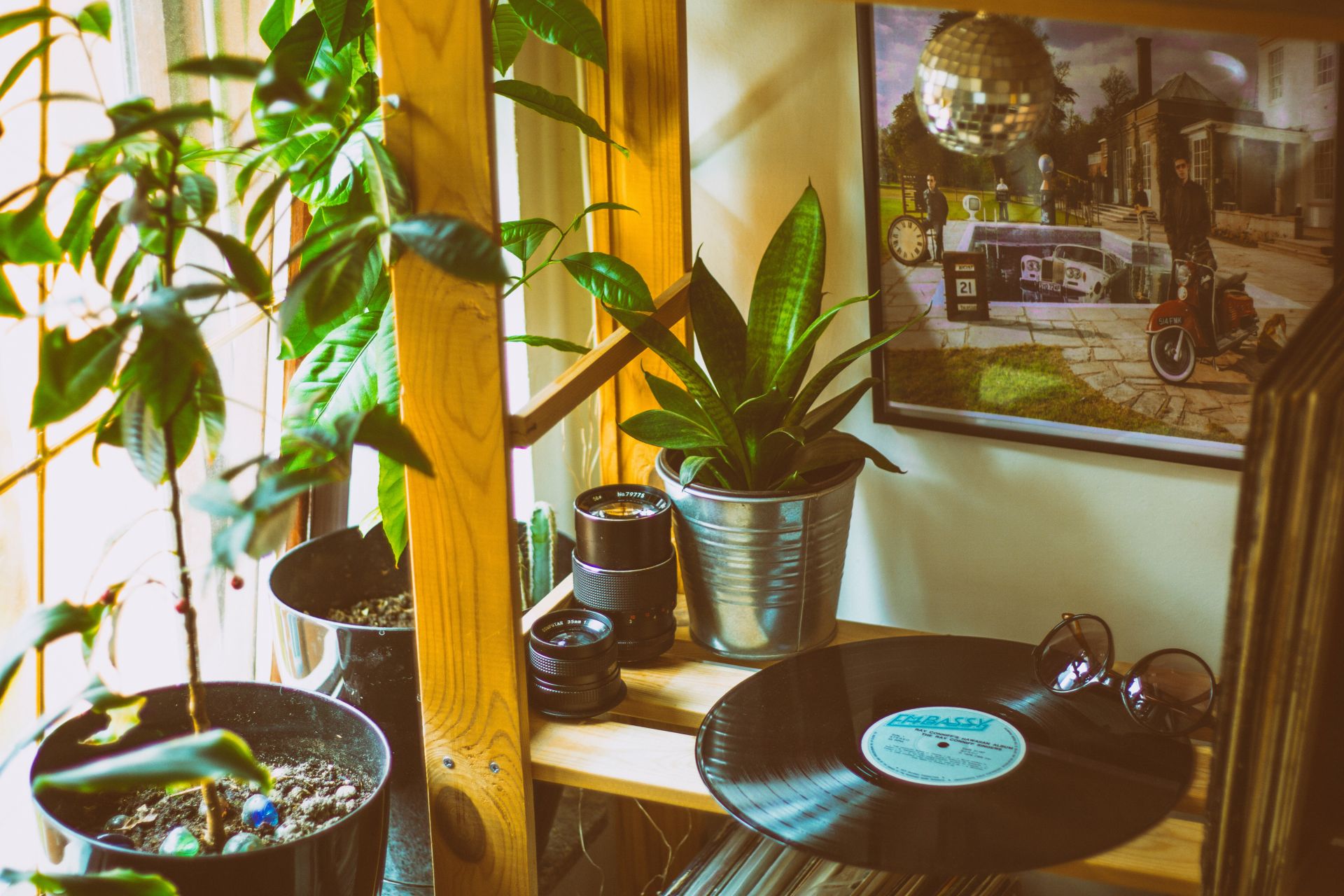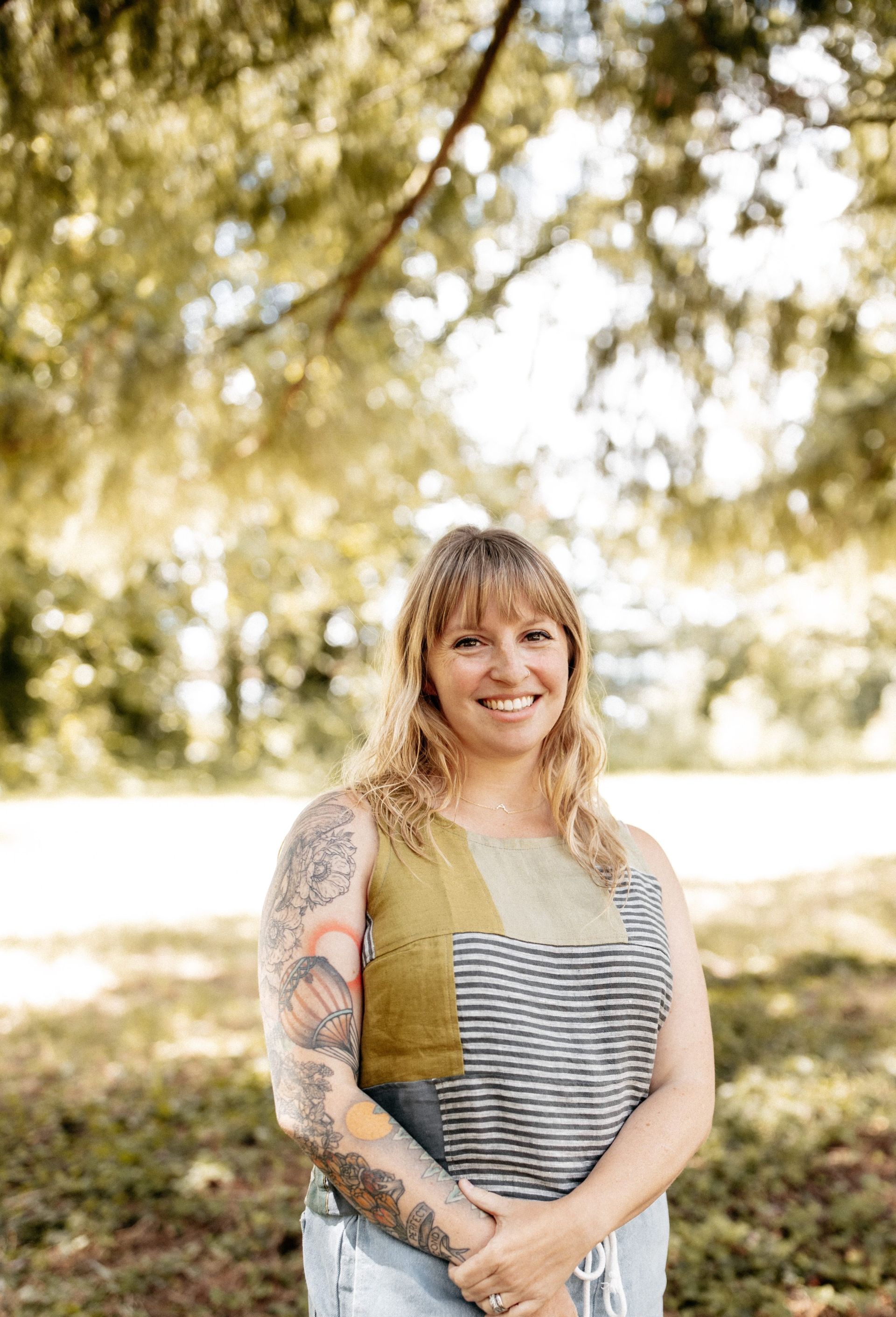Soft Joy

And yet, working towards a tangible kind of joy takes effort. That is, it does if that is the way we approach it. If language matters, and it does, then why, when we are already so tired and overworked, are we using words like “get,” “obtain,” and “seek” when it comes to joy? What would happen if we changed our posture into one of people ready to receive? What if we looked around in a quiet moment and noticed joy sitting right there instead of working for it? The way the dog sits at the most obtrusive spot in the hallway might be a sweet attempt to protect you from a potential invader. Joy. The way you can hear the checker at Target calling “Mahalo” to every customer before they leave when you are all the way over in the cosmetics section. Joy. The way your houseplants all angle themselves towards the direction of greatest light as they grow towards windows and skylights. The way vinyl crackles when the needle first touches it, and the sound takes you straight back to childhood because music was always meant to permeate each molecule of the air in that way. I am convinced that joy wants to crawl into your lap with the slow ease of your favorite couch blanket. I believe joy is a faithful healer we don’t have to ask for or work for.
If we think of joy as an act of rebellion, we are making it about the world. We are giving part of joy’s power into the hands of systems and people. But if we exist in joy because it’s simply the deepest truth we know, then it is ours alone. Perhaps ours and God’s to share. It gets to live in the union of the unique thing that makes us want to live, brings us delight, and makes us grateful for this life. Joy is not a commodity to be used, even if it is used for good. Joy IS the spark of living, the most primal thing we know how to do as humans. This might not always feel like a happiness joy or an enjoyment joy. Waiting for the kind of joy that tastes like reality and softness might sometimes be tinged with sadness or feel like a boundary. But we know it’s real when the undercurrent is peace, and our soul hums with warmth and stillness. We might have to wait days for it to speak kindness to our pain, answer our questions, or witness to our loneliness. The hardest part is staying soft enough to wait and to hold onto hope without jumping into what we can cultivate ourselves. Sometimes we have to go out and make our own beauty. I won’t deny that. Some situations call for action. But we can’t always wedge our way into joy like it’s a concert stage we are trying to get closer to. We invite it with fluidity, not hammers.
If you are too weary to take one more step, and working towards joy sounds and feels like more effort than you can imagine giving, then stop. Someone else will fly their joy flag while you wrap yours around you in the quiet. There is room for all of us in this world we are making. There is room for softness in your healing.

Heather Mayer
Heather is a trauma-informed Spiritual Director and a seeker of those moments that thin the veil. She holds an undergraduate degree in psychology from the University of Oregon, a Master’s in Spiritual Formation from George Fox Seminary, and is a certified Spiritual Director through Portland Seminary. In the vein of “everything is spiritual”, Heather is also a preschool director and teacher. Her approach to early childhood is the same approach she takes in spiritual direction- that all persons carry the image and the wisdom of God within and that our intimacy with God can grow when we are encouraged to approach spirituality with curiosity and wonder.
Heather finds her deepest connection with Creator God in nature and in the presence of children and animals. Her call to spiritual direction lives in her desire for all God’s children to know and trust in their belovedness. In spiritual direction sessions, she delights in helping people learn to trust the voice of God within that says we never have to betray who we are in order to be loved and cherished by God.
When she is not teaching or directing, you can find Heather writing for Cascade Portland’s church newsletter, playing with her two kids, hiking with her dogs, or going on concert dates with her husband. She is a fan of trying as many new restaurants as possible, trips to the coast, long Sunday outdoor runs, and a good book.
Connect with Heather by emailing her at heather.michelle.mayer@gmail.com.
https://heathermayer.org/

